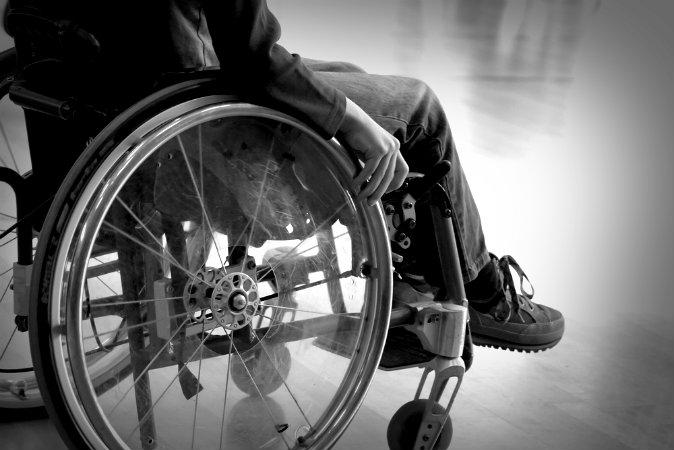Researchers have a leading suspect in mind for what may have caused the paralysis of more than 100 children in the United States since August 2014—but definitive evidence eludes them.
In a study published Jan. 28 in the medical journal The Lancet, researchers described evidence linking the paralysis to enterovirus D68 (EV-D68). EV-D68 had already been a suspect because in a previous study, the virus was found in nasal swabs from 8 out of 41 paralysis patients tested, according to Nature. The new study focused on a group of children who experienced this paralysis in Denver, Col. In this smaller group, the link appeared strong. Nature reported: “Nasal swabs from 8 of the 11 children affected contained enteroviruses, with 5 of them containing EV-D68. ... However, the strongest proof that the virus underlies the paralysis would be if it were found in affected people’s cerebrospinal fluid.”
It has not, however, been found in the cerebrospinal fluid.
Enterovirus D68 (EV-D68) was first discovered in 1962 in California. It is linked to the common cold, with symptoms such as runny nose, coughing, fever, and muscle ache. It primarily affects the respiratory system. But only time will tell if it could also cause paralysis. Few of the children studied have recovered from the paralysis, though it is possible.






